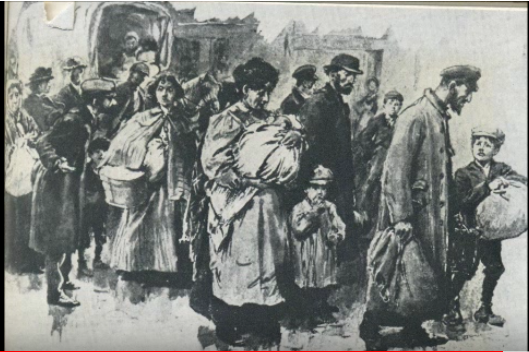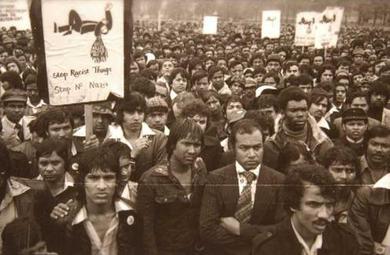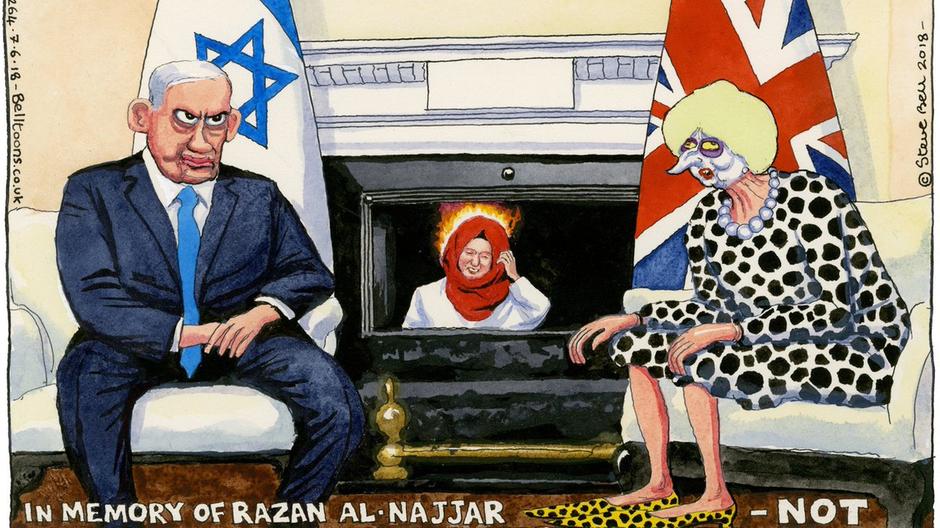Free Speech on Israel submitted this response to the consultation on the NEC Code of Conduct on Antisemitism on 29 August 2018
Free Speech on Israel is a predominantly Jewish Group most of whose members are members of the Labour Party. It was formed in 2016— following a series of false allegations of antisemitism made against individuals and groups campaigning for Palestinian rights—under the slogan ‘It is not Antisemitic to Oppose Zionism’.
FSOI has always recognised the existence of antisemitism both within the Labour Party and in wider society but have always argued that its prevalence inside the Labour Party has been much exaggerated: to both distract attention from Israel’s repeated breaches of international law and to undermine Jeremy Corbyn’s leadership of the Party. Continue reading “FSOI Response to Consultation on the NEC Code”





 Liberty
Liberty ted a House of Lords meeting to launch the campaign for Britain to apologise for the impact on the native Palestinian people of the Balfour Declaration of 1917. Between them, the newspapers had smeared a whole meeting of Palestine sympathisers as ‘antisemitic’ and, by implication anybody who spoke at or attended similar meetings.
ted a House of Lords meeting to launch the campaign for Britain to apologise for the impact on the native Palestinian people of the Balfour Declaration of 1917. Between them, the newspapers had smeared a whole meeting of Palestine sympathisers as ‘antisemitic’ and, by implication anybody who spoke at or attended similar meetings.
